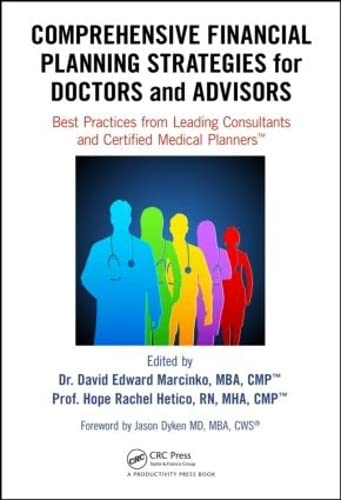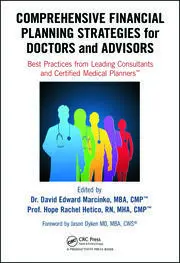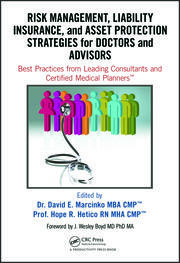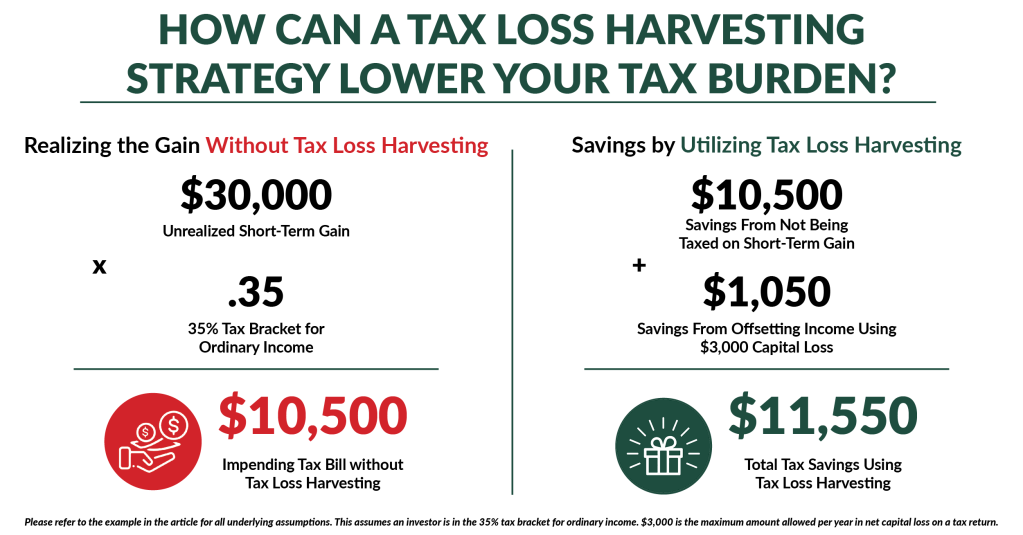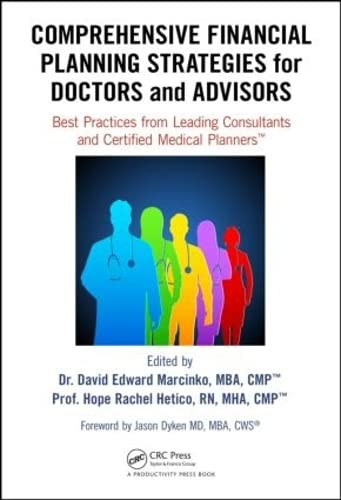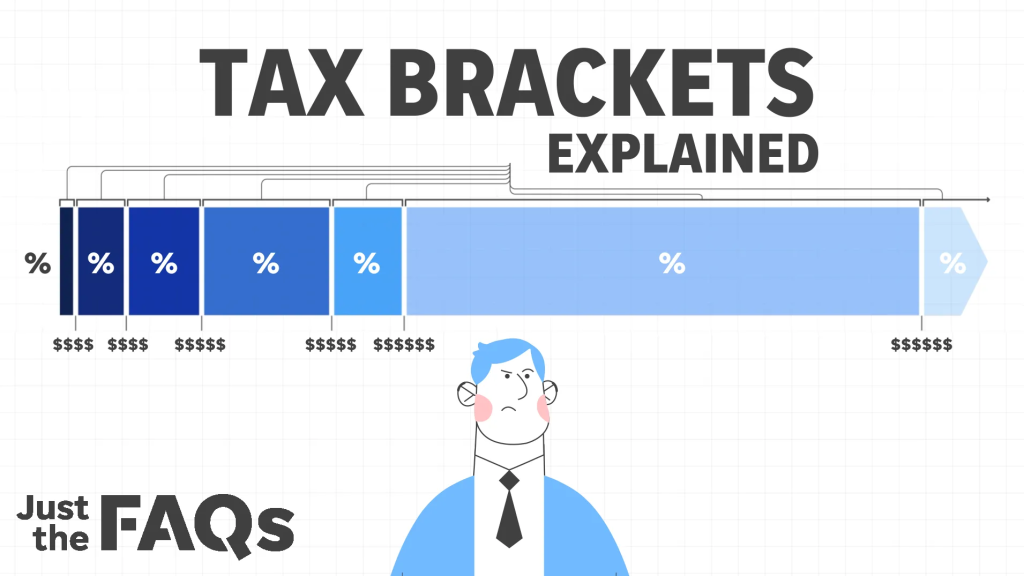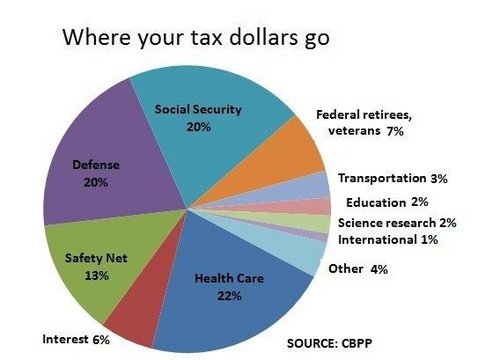
Which Ones to Keep—How Long?
[By Staff Writers]
By law, we are all required to keep records the IRS could use to determine our tax liability accurately. And doctors, more than most, know what it’s like to keep records. So you should retain whatever papers and documents support or clarify your calculations. If the IRS thinks you owe it money, you—both as an individual taxpayer and as a medical business owner—must prove it wrong. Your records are your only real protection if the IRS sets its sights on you for an audit.
Query: But what papers? And how long does the IRS have to determine your taxes for any given year? Do you have to keep everything forever? He following information may provide some clarity to this query.
Individual Tax Records
Accuracy means more to the IRS than the form of recordkeeping you use. Even more important is thoroughness. While certain papers are more significant than others, all of them together build your case for stated adjusted gross income, taxable income, deductions, exemptions, etc. For example:
Income:
Your medical, and other, employment-related records are top priority. The basic ones are W-2s from your hospital, clinic or medial practice, W-2P (for recipients of pensions, annuities, and IRA payouts), and 1099s for freelance income, speaking and pharmaceutical fees, and royalties, etc. You will also need 1099s that show interest and dividend income, as well as stock brokerage statements and any other documents that contain information pertaining to the amount you report as income.
Deductions
Generally, to back up your various deductions, the records you keep should include all related canceled checks and receipts. Here are some specific deductions and their requirements:
Medical expenses:
Keep all canceled checks and receipts. Keep records of any expense reimbursed or paid directly by medical insurance and medical insurance policies on which you deduct the premium cost. The person on whose behalf payments were made should be noted on every check, bill, and receipt.
Mortgage interest:
Keep bank (or mortgage company) statements, notes, and canceled checks.
Child-care credit:
Maintain a record of the name and address of the person or center providing the care, copies of canceled checks, and receipts to verify costs, and amounts paid for household services during the year. The latter will allow you to differentiate costs if the IRS tries to claim your child-care payments were really for a housekeeper. If you pay an individual to provide child care, keep a record of his or her taxpayer ID number, since you need that to get the credit.
Alimony:
You should maintain a copy of the divorce decree, separate maintenance agreement, or other document that specified the basis for the payments; name and address of the ex-spouse to whom you made payments; and canceled alimony checks. If you made payments indirectly through insurance policies, annuity contracts, or endowments, keep the documents showing the source of the payments.
Charitable contributions:
To prove charitable contributions, keep canceled checks and receipts showing the donee’s name, plus the date and amount of the contributions. If you don’t have a check, you need other reliable records showing the same information. If contributions are made by credit card, keep the receipt, the bill, and a statement from the charity with the required information. If you make a contribution of above certain periodically indexed thresholds, or more, to a particular charity, you must get a written acknowledgment from the charity (letter, postcard, etc.). A canceled check is not enough. Generally speaking, if you make separate deminimus contributions each year, the written acknowledgment rule may not apply.
A donation of property will complicate recordkeeping. You need the same items as above, plus a description of the property and the place you made the contribution. You should also keep documents showing the method you used to determine the fair market value of the property, with a signed copy of appraisal reports, if any. If you have an agreement with the charitable organization regarding the use of the donated property, hang on to a copy of that as well.
For property, you will also need documents showing how and why you acquired the property and your cost or other basis (except for publicly traded securities) if you held it for less than one year. For property valued over certain thresholds, you must get a qualifying appraisal and keep a copy of the report
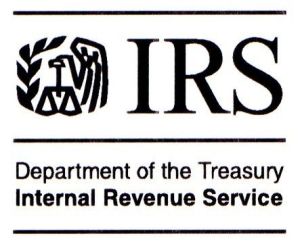
Business Tax Records
As a medical business owner, your recordkeeping requirements are more substantial. There are so many more soft spots where the IRS can probe. The following areas are of particular importance:
Depreciation:
Keep any records needed to establish the reasonableness of a depreciation deduction, such as the original sales receipt showing what you paid for the property. Records must show the yearly depreciation claimed.
Withholding:
Keep all compensation records. For each employee, show name, address, job, and Social Security number, total amount and date of each wage payment, and any other type or form of payment; amount of wages subject to withholding; amount of tax collected; employee W-4 forms; and any agreement with employees regarding additional withholding.
Travel and entertainment:
The IRS does not accept estimates. You must keep itemized bills and receipts, Back them up with a diary showing cost, time, place of travel or entertainment, business purpose, and business relationship of guests.
Also, you must keep a log of your business use of items, such as a car, pager, computer, or server; or PDA, ipod or cell phone, etc., that you use partly for business and partly for personal purposes. For travel, your diary should show the date of departure and return, plus how many days of the total trip were spent on business. If you are an independent medical contractor, keep a diary of your daily work activities. This will reinforce the specific items and pull them together.
How Long to Retain Records?
By law, you have to keep tax records “as long as material” to the administration of the tax law. Since the statute of limitations runs for three years from the time you file your return or the due date of the return (whichever is later), and the IRS is free to audit your return during this time, you want to keep the records at least that long. After an assessment, the IRS has six years to begin collecting, so you are up to nine years. But you then have two years to claim a refund after payment, giving you a grand total of 11 years.
This may seem extreme, and not everyone keeps records that long. Many individuals keep records for six years—the amount of time the IRS has to audit if it suspects a gross error—an underreporting of 25% or more of the gross income shown on your return.
The 11-year time frame is the maximum time frame for assessment, collection, and refund claim. Business owners would be wise to use that period as a rule of thumb, even if individual taxpayers don’t.
Homeowners—
Keep any documents connected to home ownership that have a bearing on your taxes, if any, for the entire time you own your home. If you sell your home, keep the documents as long after the last tax filing as they have a bearing on your tax records. Remember the newer rules for homeowner tax exemption.
Withholding—
These records are subject to a special four-year retention rule. Most doctors and medical business owners keep them longer.
Fraud
In the case of fraud, there is no limit on the time the IRS has to charge you. But here, the burden of proof shifts to the IRS, and you get the presumption of innocence. So you need not feel you have to keep records forever to protect yourself against such an accusation.
Conclusion
Your thoughts and comments on this ME-P are appreciated. Feel free to review our top-left column, and top-right sidebar materials, links, URLs and related websites, too. Then, subscribe to the ME-P. It is fast, free and secure.
Speaker: If you need a moderator or speaker for an upcoming event, Dr. David E. Marcinko; MBA – Publisher-in-Chief of the Medical Executive-Post – is available for seminar or speaking engagements. Contact: MarcinkoAdvisors@msn.com
OUR OTHER PRINT BOOKS AND RELATED INFORMATION SOURCES:


Filed under: Accounting, Financial Planning, Practice Management, Taxation | Tagged: Add new tag, alimony, deductions, income tax, tax records | 4 Comments »





















